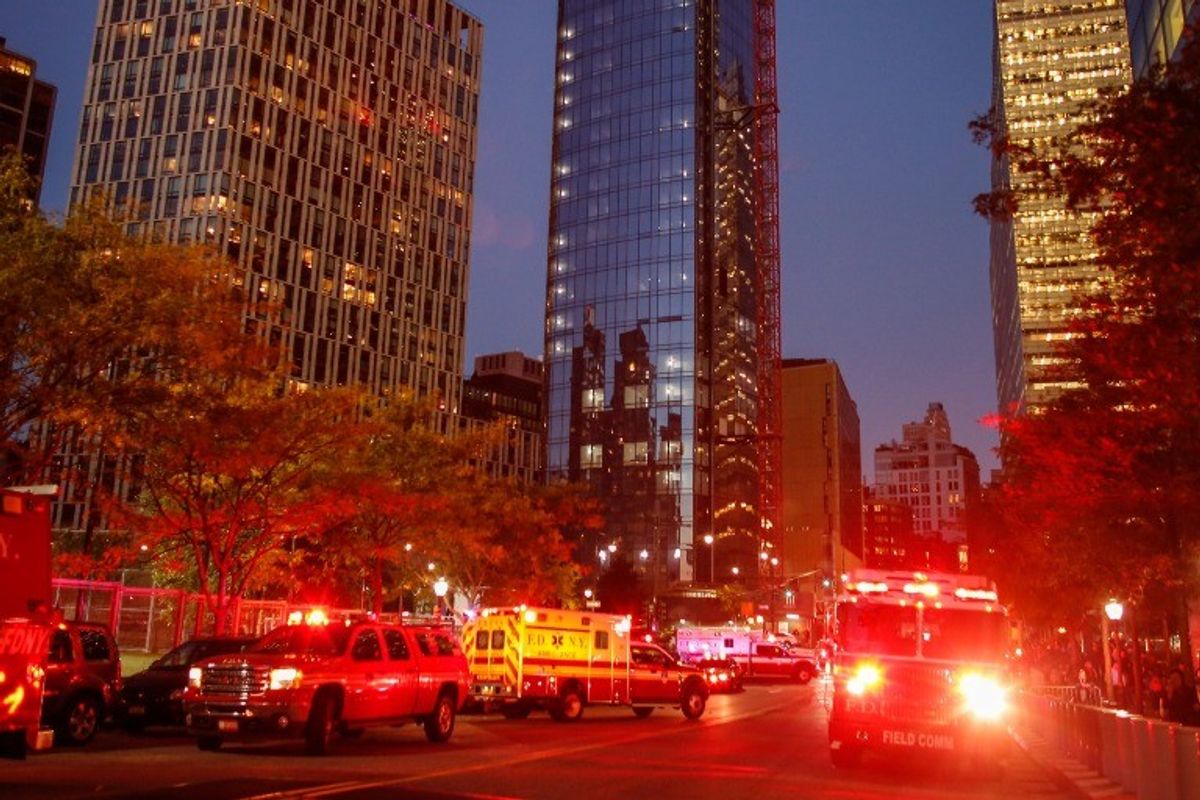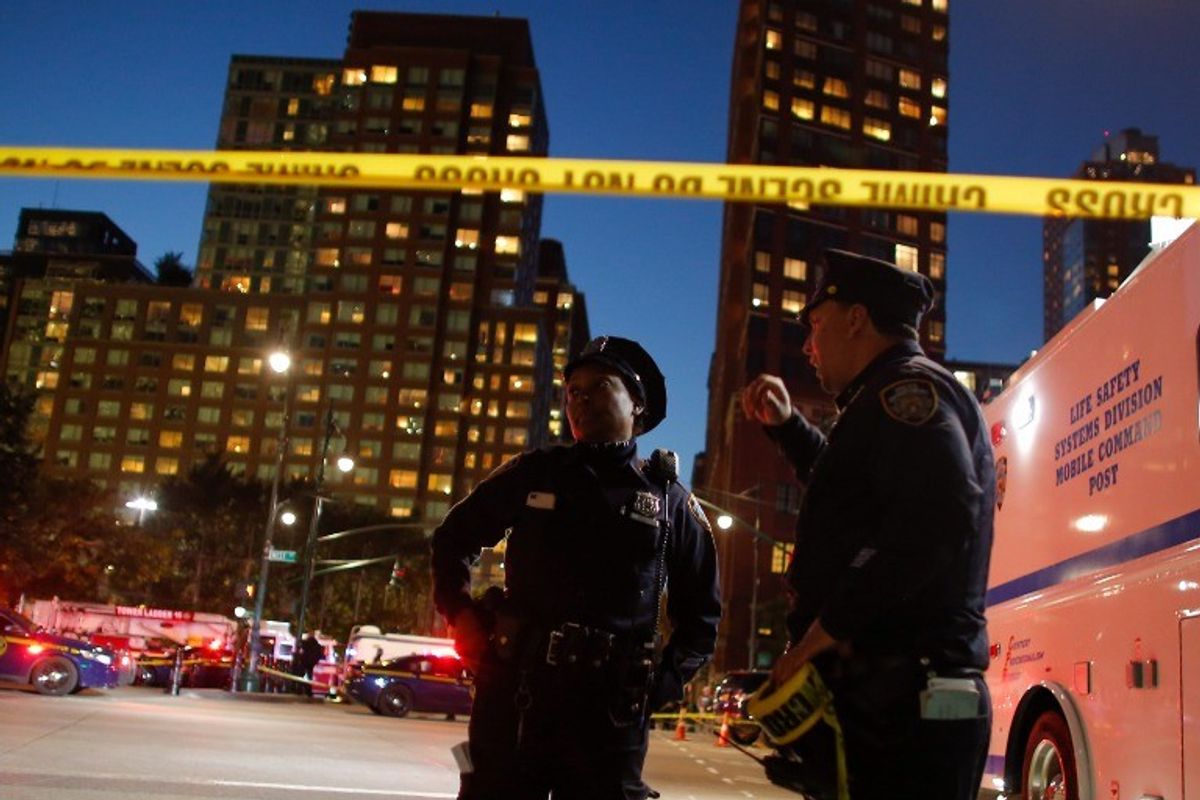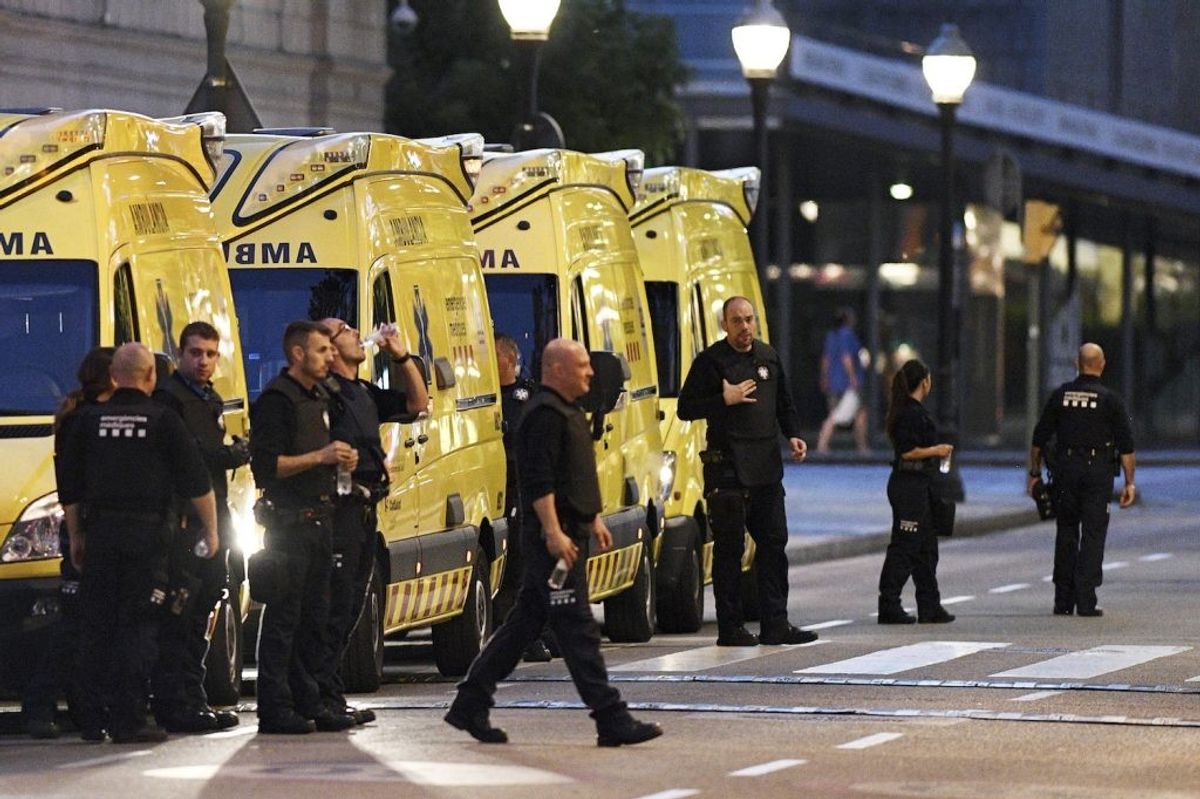The first thing to state is that we are still not clear about Omar Mateen’s background. The FBI are still investigating possible motives – and it is an investigation that may take some time. People in Britain are shocked by the killings, which were almost as many as the game changing terrorist attacks in London on July 7, 2005. There is particular concern that people in the LGBT community may feel particularly targeted and the threat this poses to all our values.
There is also surprise at the relative availability of particularly lethal guns in America. But the US is a different country from the UK with a different history. A less well armed attacker would not have been able to kill so many people. But that is for the US to debate. Someone as alienated as the killer was going to kill at least some people, and what would have stopped him would not have been the availability of firearms; it rather may have been what enabled him to murder so many innocent people.
Certainly there have been instances of self-radicalized terrorists attempting mass attacks in the UK. So far they have not been successful. But of course IS does not necessarily depend on relatively well planned and executed attacks such as happened in Paris and Brussels recently. Violent extremists know that they can plan and conduct pretty much any sort of attack in and on the west, on pretty much any sort of target, and if they claim to be acting on behalf of or in sympathy with IS, they are not going to be rebuffed.
Because lone extremist attacks have so far been relatively amateurish in the UK, they have had little success, but of course they represent a huge challenge to our security structures. They are unlikely to be picked up by intelligence assets, whereas a better planned conspiracy leaves open the greater likelihood of penetration by the police or security service.
Our security service MI5 rightly and consistently warns that in a free society there can never be absolute protection (not that there is in many unfree societies). Privacies and liberties have to be respected. So, tragically, we have to accept that sometimes attempts to stop terrorists will fail and lone wolves are particularly hard to spot and stop. It is a very hard price that we have to pay.
A question will have to be asked about the odd and violent behavior that was being displayed by this killer many years before he struck and why this had not led to his being more carefully watched by law enforcement. There is also a question of whether enough people who spotted his alarming behavior reported it, and whether appropriate action taken.
In the UK, the Prevent program seeks to involve communities at grass roots level in promoting democratic values like tolerance, and to draw attention to people who seem determined not to accept these values. It's a controversial program, as some perfectly law abiding and integrated communities, including Muslims, feel "snooped on." They may have a point, but the bigger point is that counter-terrorism has to work at the community level and the only chance of spotting a Mateen before he has killed dozens of innocent people is when someone spots the signs and takes action.
But there is no infallible system here.
The term "radical Islamic extremism" is tautologous (unless we can have "moderate Islamic extremism"...) but the debate in the UK has been whether to focus on violent extremism and by implication work with extremists who oppose violence (people who may have credibility and influence with potentially disaffected people, but who may have very nasty views about Jews, gay people etc); or on all extremists, which means opposing the non-violent as well, and thus arguably losing influence over the potentially disaffected. The current government favors the latter approach. Either way, the point stands that if you are not alert to people at grass roots level who could be displaying violent extremist tendencies, you make it easier for IS to exploit them - albeit posthumously.










